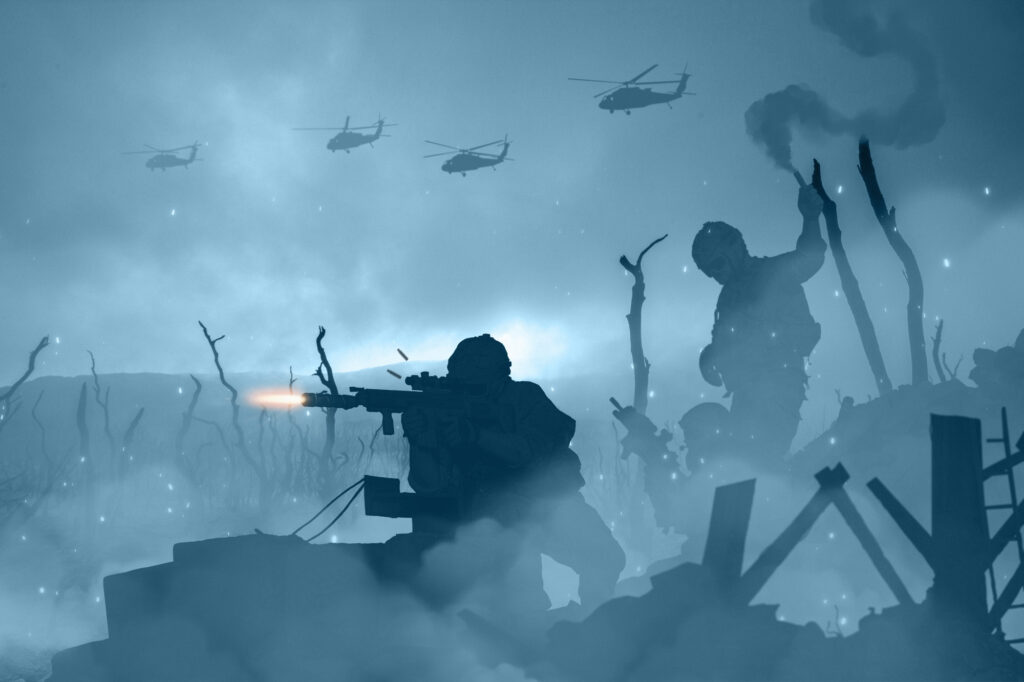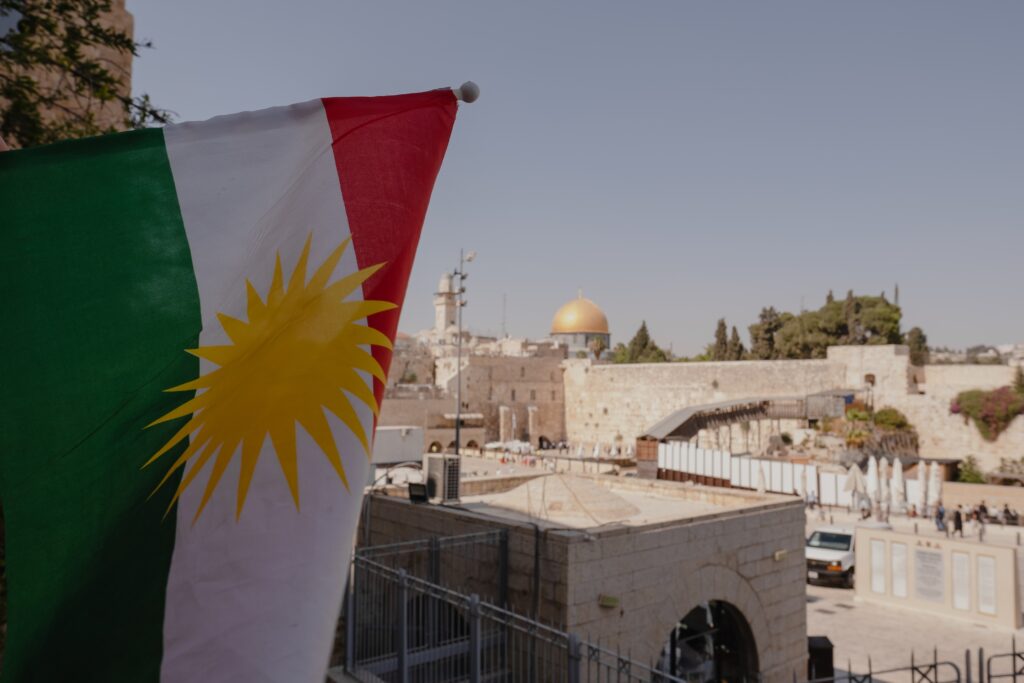In a shocking revelation, Canadian Prime Minister Justin Trudeau has accused the Indian government of being involved in the assassination of a Canadian Sikh leader, Hardeep Singh Nijjar, who was shot dead outside a Sikh temple in Surrey, British Columbia, on June 18, 2023.
Nijjar was a prominent figure in the Sikh community and a supporter of the Khalistan movement, which seeks to create an independent Sikh homeland in the Punjab region of India and Pakistan. He had been designated as a “terrorist” by the Indian government in 2018 and accused of leading a militant group called the Khalistan Tiger Force45. Nijjar and his supporters had denied these allegations and claimed that he was a peaceful activist.
Trudeau said that Canadian security agencies have been pursuing “credible allegations” of a link between agents of the Indian government and Nijjar’s killing for weeks. He said he raised the issue with Indian Prime Minister Narendra Modi at the G20 summit in Rome earlier this month and demanded his cooperation in the investigation456.
“Any involvement of a foreign government in the killing of a Canadian citizen on Canadian soil is an unacceptable violation of our sovereignty. It is contrary to the fundamental rules by which free, open and democratic societies conduct themselves,” Trudeau said in a speech to the House of Commons on Monday4.
Trudeau also announced that he has ordered the expulsion of a senior Indian diplomat from Canada as a response to the “extremely serious matter”4. He expressed his solidarity with the Sikh community in Canada and urged them not to let this incident change them or divide them.
The Indian government has not officially responded to Trudeau’s allegations, but sources have told some media outlets that they are “baseless” and “motivated by domestic politics” in Canada, where Trudeau faces a tough re-election campaign next year. They have also accused Canada of harboring Sikh separatists and extremists who pose a threat to India’s security and integrity.
The relations between Canada and India have been strained for years over the issue of Sikh separatism and human rights. In 2018, Trudeau’s visit to India was marred by controversy when it was revealed that a convicted Sikh terrorist, Jaspal Atwal, had been invited to official events with Trudeau and his cabinet ministers. Modi had snubbed Trudeau by not receiving him at the airport and had barely met him during his week-long trip.
The killing of Nijjar has also sparked outrage and grief among the Sikh community in Canada, which numbers more than 500,000 people. Nijjar was the president of the Guru Nanak Sikh Gurdwara in Surrey, one of the largest Sikh temples in North America. He was known as a generous and devoted leader who helped many newcomers and refugees settle in Canada4 .
The police have not made any arrests in connection with Nijjar’s murder, but they have released some details about the suspects and the getaway vehicle. They have asked for the public’s help in identifying them and solving the case4 .
The murder of Nijjar has raised serious questions about the role of foreign interference in Canada’s domestic affairs and the safety of its citizens. It has also exposed the deep-rooted tensions and conflicts between Canada and India over the fate of the Sikh people. How will this incident affect the bilateral relations between these two countries? How will it impact the Sikh community in Canada? These are some of the questions that need to be answered as this story unfolds.



